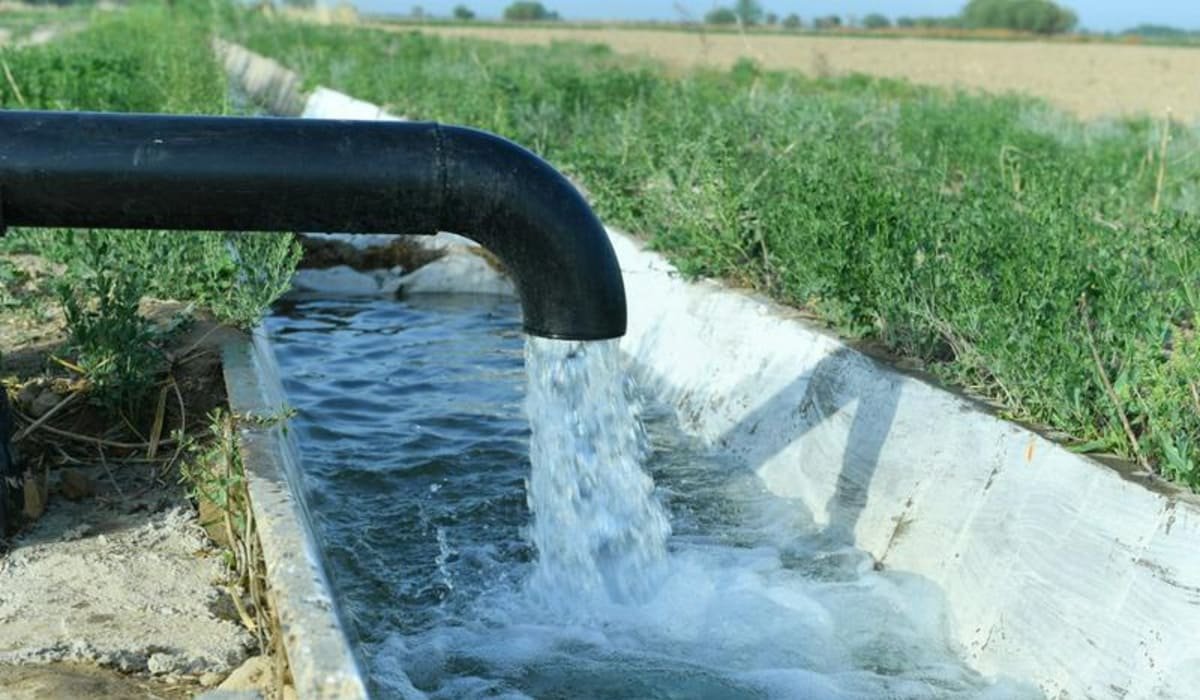In August, Kyrgyzstan's decision to suspend the supply of irrigation water to Kazakhstan's southern Zhambyl region has raised concerns over potential damage to crops in the area. This development was officially communicated by the press service of the Ministry of Ecology and Natural Resources of the Republic of Kazakhstan.

As per the report provided by the department, the Kirov reservoir's water volume in the Talas River basin stood at 32.48 mn cubic metres as of August 9 this year. This marked a significant decrease of 144.8 mn cubic metres compared to the same period last year, when the reservoir held 177.28 mn cubic metres.
Established schedule for 2022 showed that Kazakhstan typically requires 45 cubic metres per second (m3/s) of water along the Talas River for irrigation in the month of August. However, the actual supply of water has been recorded at a troubling 0 m3/s.
Efforts are currently underway to negotiate with Kyrgyzstan's Talas Water Resources Service to secure at least 5 m3/s of water from the reservoir. This supply is crucial to support the operations of Zhambyl GRES JSC and to maintain the ecological equilibrium of the Talas riverbed.
The shortage of irrigation water is acutely felt across several districts in the southern region of Kazakhstan. The deficiency of water from the Kirov reservoir has put approximately 4,000 hectares of meadows and sugar beet fields at risk.
In response to the emerging crisis, Galidulla Azidullin, the deputy head of the Kazakh Ministry, has been dispatched to the Zhambyl region to address the urgent issues at hand.
This situation highlights the complex interdependence of water resources between neighbouring countries and the challenges that arise when such resources are disrupted. The suspension of water supply from Kyrgyzstan has not only jeopardised the livelihoods of farmers and agricultural productivity but also brought to the forefront the importance of diplomatic negotiations and cooperative management of shared resources to mitigate potential conflicts in the region. The incident underscores the need for a sustainable and collaborative approach to water management to ensure the well-being of both people and the environment.
Comments (0)